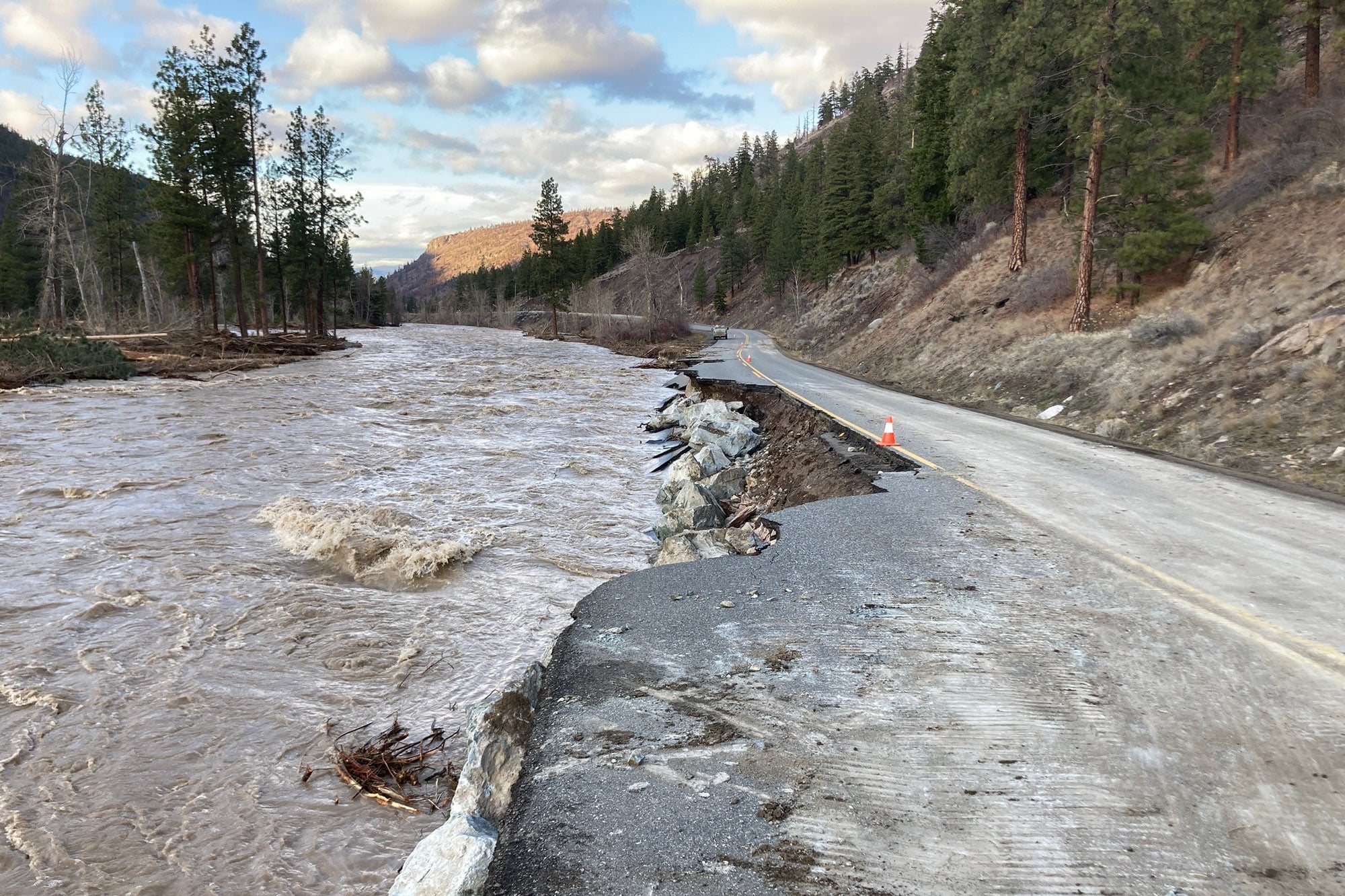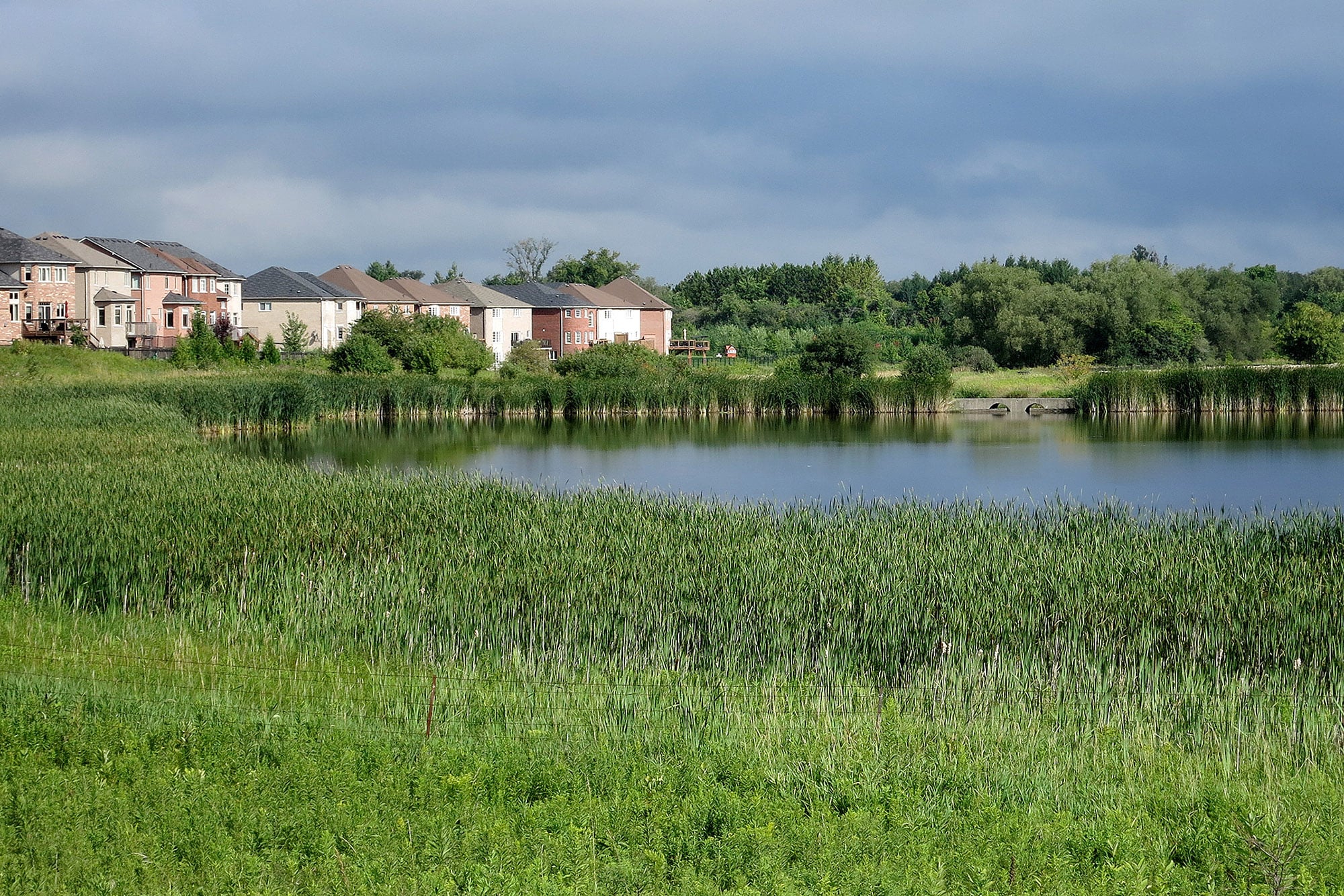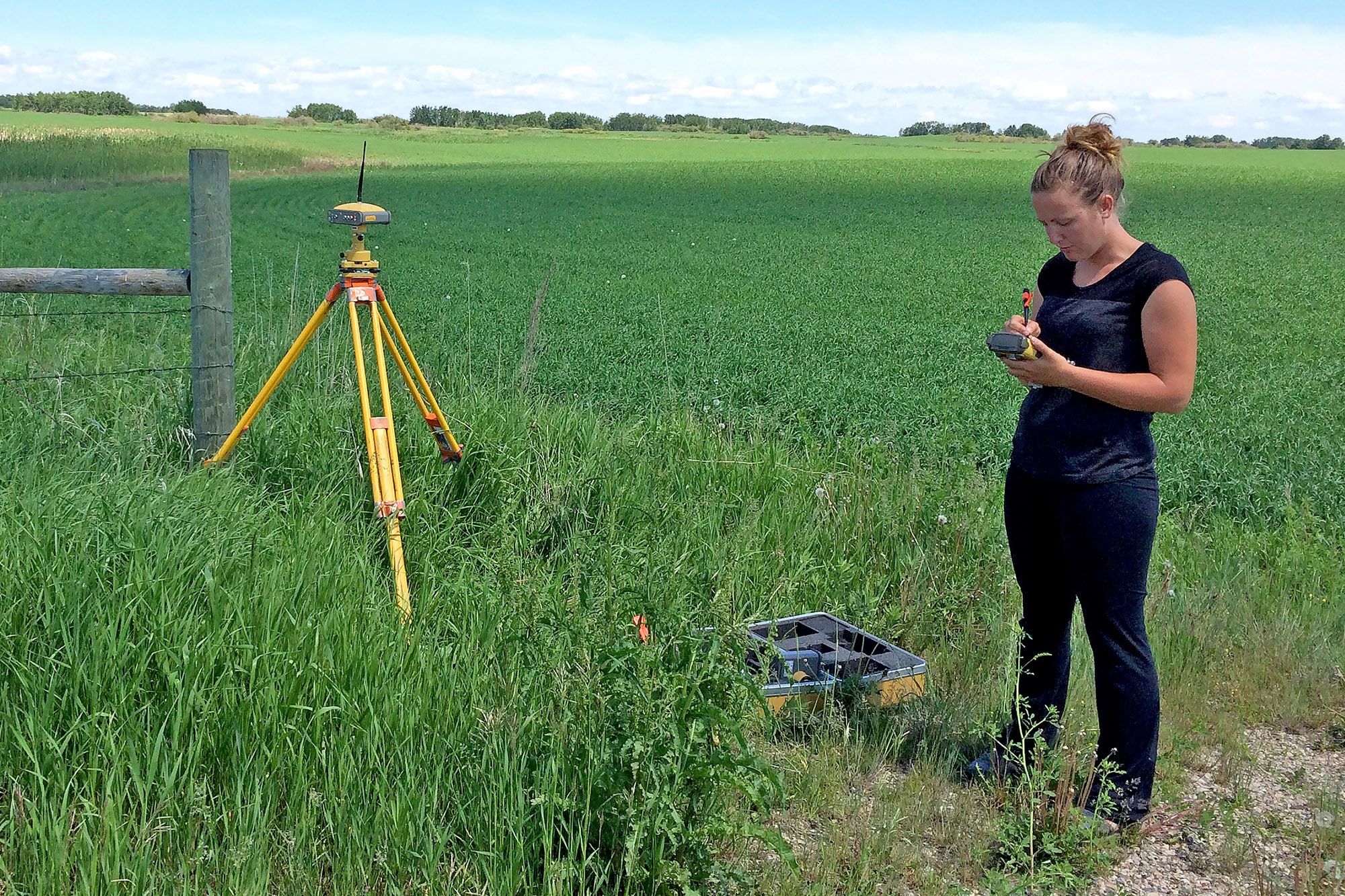Impacts
2025 Nature Force Field Season Report
As 2025 comes to a close and Nature Force enters its fifth year, we are laser-focused on supporting the insurance industry’s efforts to empower communities across Canada to protect themselves against climate change, create space for nature to thrive and build resilience, but we also see this milestone as an opportunity to look back at all we’ve achieved during this field season.
Download the 2025 Nature Force Field Season Report (PDF)
Benefits Courtesy of Nature
Amongst the many concerning highlights of the 2019 version of Canada’s Changing Climate Report (CCCR) issued by the Federal government was the statement that “the effects of widespread warming are evident in many parts of Canada and are projected to intensify in the future.
In Canada, these effects include more extreme heat, less extreme cold, longer growing seasons, shorter snow and ice cover seasons, earlier spring peak streamflow, thinning glaciers, thawing permafrost, and rising sea level.” The report also suggests that while summer precipitation levels may decline, winter and overall annual precipitation will continue to increase. The report also adds that “coastal flooding is expected to increase in many areas of Canada due to local sea level rise.”
Prioritize investments in climate change
We must prioritize investments in climate change adaptation and mitigation to protect our communities. Over the course of this decade, the average cost of severe weather claims is expected to grow by 138% to $5 billion per year according to the Insurance Institute of Canada’s (IIC) 2020 report.
The economic value and societal benefits of conserving wetlands and related natural habitats are well documented. Beyond flood attenuation, these include climate regulation (carbon capture and storage), water purification, regulation of water flows, erosion prevention, waste and nutrient filtration, biodiversity and wildlife habitat, pollination, biological control and food.



